Maserati Mistral Classic Cars for Sale
The Maserati Mistral (also referred to in Italian as the was a touring vehicle produced by Maserati between the years of 1963 and 1970.
A History of the Maserati Mistral
While sharing some of the features (particularly the engine components) that were present in the Maserati 250F, the Mistral was primarily marketed as a more "sporting" alternative to the popular Sebring. One of the most notable influences upon such a streamlined framework was through the talent of designer Pietro Frua. This distinctive appeal can be seen in the famous Spyder; a two-door, two-seat convertible alternative to the Maserati Mistral. The original Mistral was first displayed at the 1963 Salone Internazionale dell'Automobile di Torino auto show. Many feel that the Maserati Mistral is one of the most stunning and distinctive designs of all time. This car can also be referred to as the Maserati 2 Posti and the Maserati 4000 GT. Production of the total line (the Spyder included) ceased in 1970.
Performance of the Maserati Mistral
The Maserati Mistral is famous for being the last version to utilise a straight-six cylinder engine that was of the double overhead cam design. It should be noted here that this was the very same design which enabled the Maserati 250F to win no less than 8 Grand Prix titles between 1954 and 1960. Thus, it was perfectly understandable to appreciate why fans of sports cars particularly enjoyed the Maserati Mistral. During later years, the company switched to the powerful V8 engine as an alternative to the traditional V6. The top speed for the 4.0 engine was between 140 and 145 kilometres per hour (225 to 233 miles per hour). An acceleration from 0 to 60 miles per hour in just under 7 seconds was also quite impressive. This enabled the Maserati Mistral to be one of the fastest production models of its time.
Unique Design Features of the Maserati Mistral and Spyder
One interesting characteristic of both the Mistral and the Spyder is that a certain amount were produced with an aluminium chassis. It should be noted that the exact number is unknown and most analysts feel that the addition of this lightweight metal did little to improve the overall importance of either car. In fact, it was very typical for the front half of the Spyder to be constructed of aluminium while the back half was formed from steel (for greater stability and traction).
Overall Reception of the Maserati Mistral and Spyder
As mentioned previously, both models are thought to be some of the most beautiful touring cars of all time. Their streamlined design is sometimes confused with the equally pleasing AC Frua.
Suchergebnisse
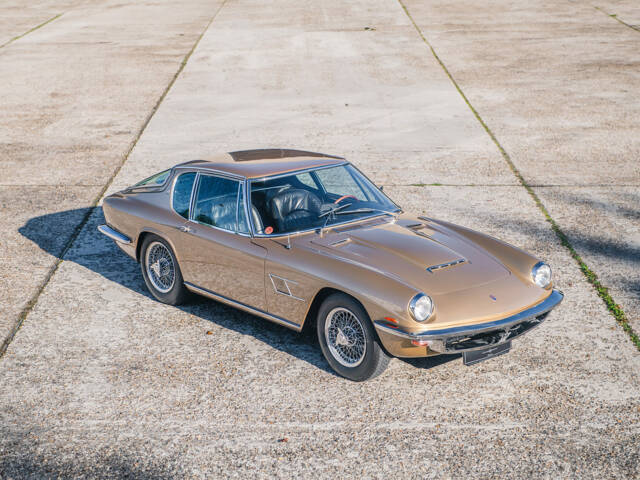
1964 | Maserati Mistral 3700
One of only 383 examples Stunning paint color "Oro Kelso" Beautifully patinated original interior
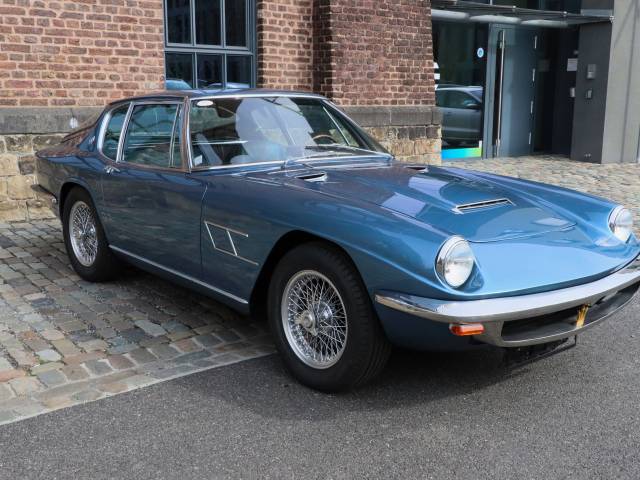
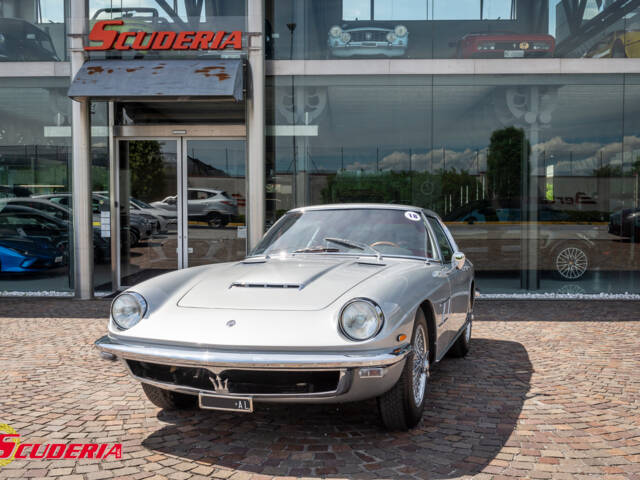
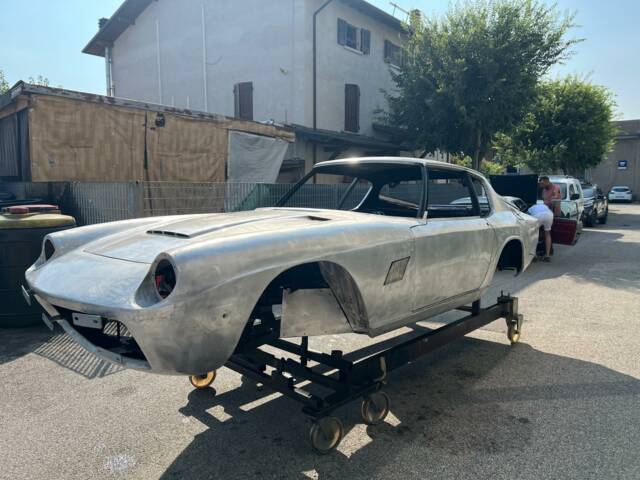
1965 | Maserati Mistral 3700
Project Maserati Mistral
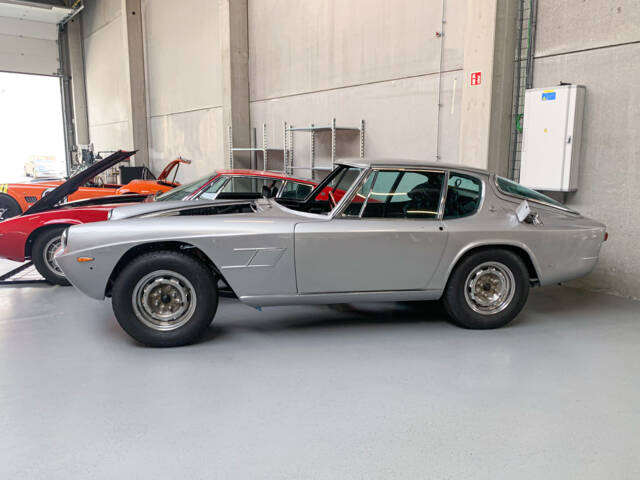
1964 | Maserati Mistral 3700
A Rare Opportunity to Restore an Italian Icon
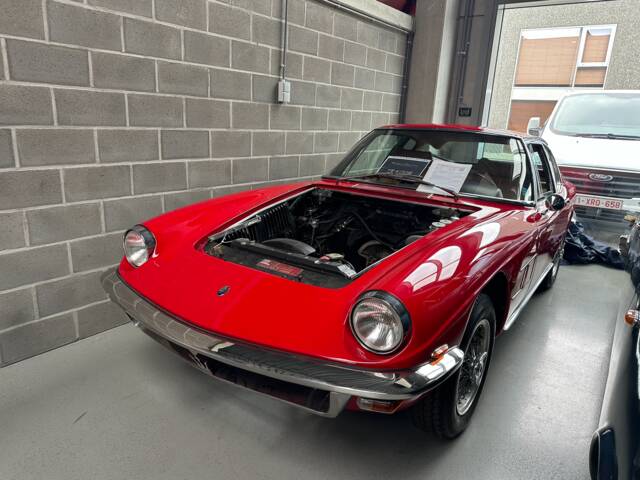
1965 | Maserati Mistral 4000
Chicago Motorshow Show Car
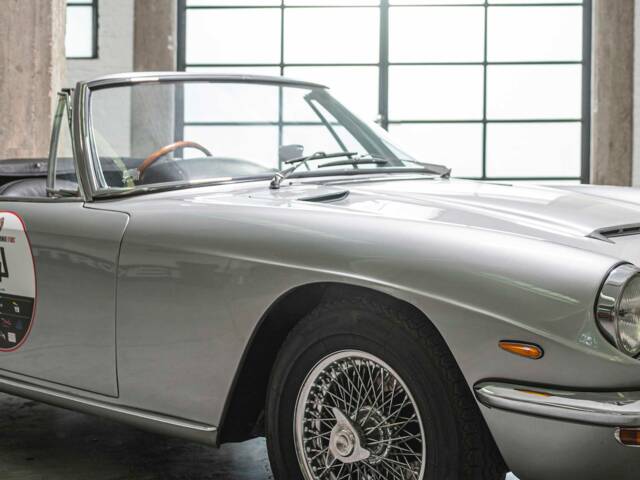
1964 | Maserati Mistral 3500 Spyder
Original Right-Hand Drive
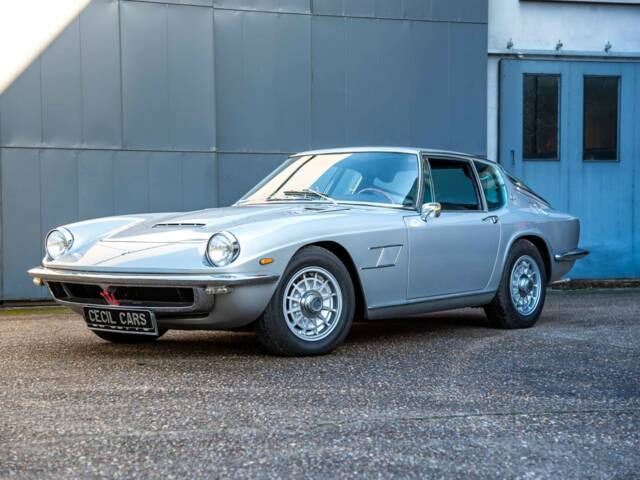
1965 | Maserati Mistral 3700
Maserati Mistral 3700
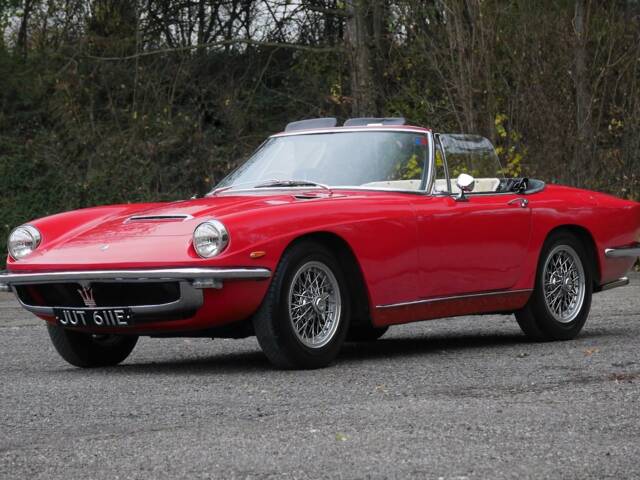
1967 | Maserati Mistral 3700 Spyder
Maserati Mistral 3500 Injection Spyder // one of 12 RHD
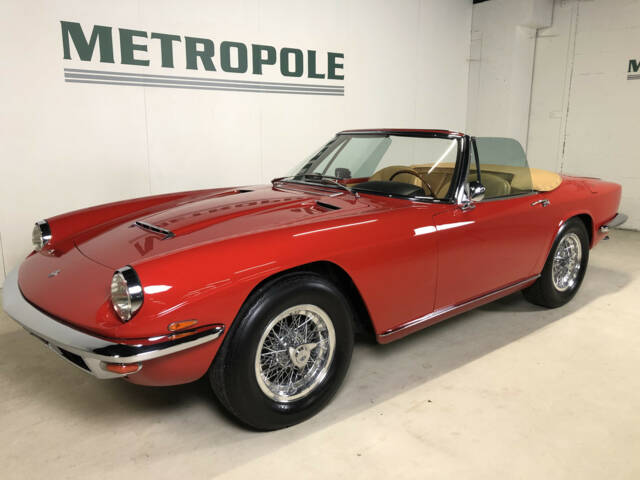
1968 | Maserati Mistral 3700 Spyder
Maserati MIstral 3.7 Spyder M0905
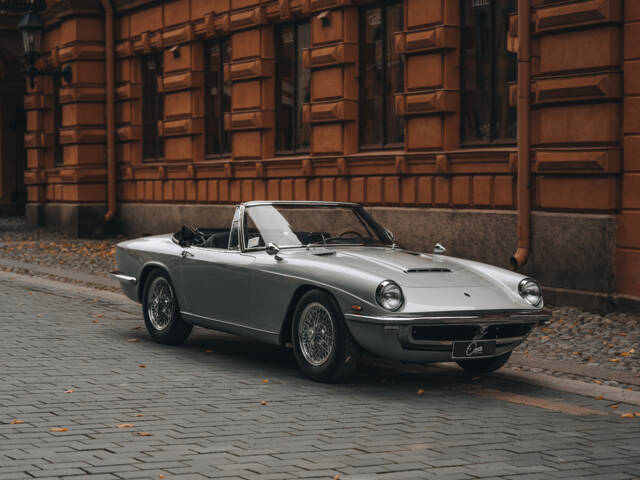
1964 | Maserati Mistral 3700 Spyder
Classic Data 1 condition. Museum-registerd
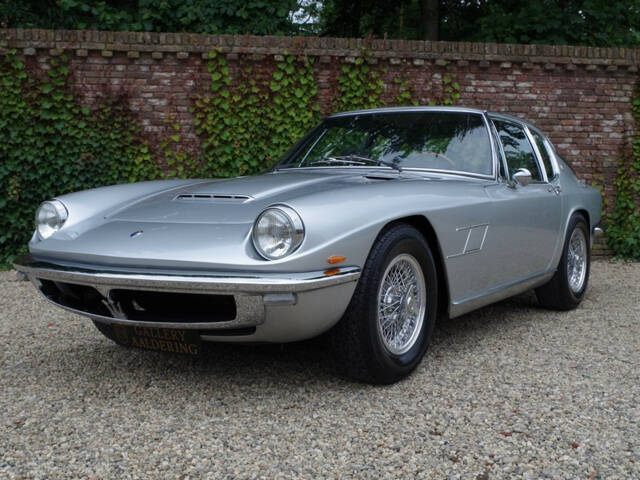
1966 | Maserati Mistral 4000
Maserati MISTRAL 4000 Maserati Classiche certified, A "matching numbers & colours" Mistral, European version, The desirable 4 liter straight six engine, Presented in "Argento Auteuil" over black Connolly leather,

1968 | Maserati Mistral 4000
Originalleder, sehr authentisches Fahrzeug
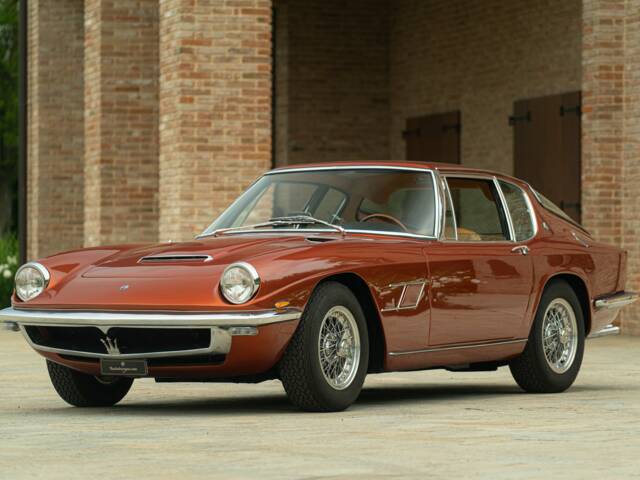
1968 | Maserati Mistral 3700
<p>PRESENTE PAD. 12 STAND D 06 - FIERA MILANO AUTOCLASSICA - 15-16-17 NOVEMBRE</p>
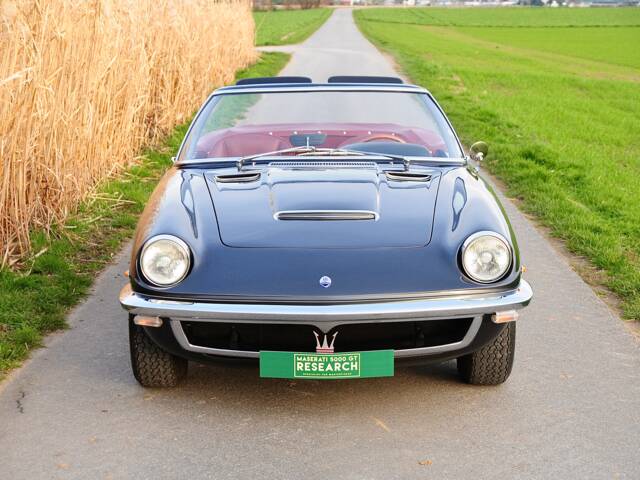
1967 | Maserati Mistral 4000 Spyder
The ultimate Mistral iteration, the Spyder with the 4.0-litre engine